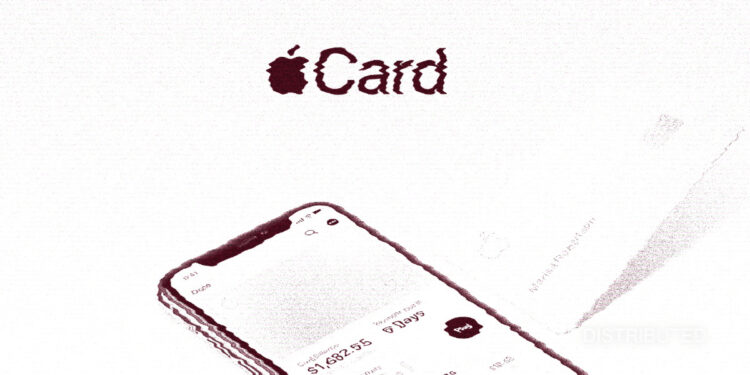- The account offers 4.5% interest rate on deposits with no minimum balance requirements and no fees.
- Amid the hiked interest rates by the Fed, experts believe interest on deposits could go higher.
Tech giant Apple Inc. introduced a high-yield savings account Monday to its Apple Card services in collaboration with Goldman Sachs as part of the expansion plans to its financial products category.
The savings account offers a starting yield of 4.15% with no minimum deposits, balances, or fees. The account would reportedly be integrated into iPhone’s Wallet app for the users’ convenience.
‘‘Our goal is to build tools that help users lead healthier financial lives, and building savings into Apple Cards in wallets enables them to spend, send, and save daily cash directly and seamlessly from one place,’’ Apple vice president Jennifer Bailey said in a press release.
How the account works: once it is registered, funds are automatically deposited through a linked bank account. Also available is a savings dashboard on the wallet app, allowing users to track their funds. According to the announcement, withdrawals can be made by transferring funds to the linked bank account or the Apple Cash card.
‘Top Of Mind, Top Of Wallet’ Status
The savings account expands Apple’s array of financial services offerings, comprising Apple Pay, Apple Card, and Apple Pay Later. According to Ted Rossman, a senior analyst at Bankrate, this move could turn the firm into a ‘top of mind, top of wallet’ platform.
Apple’s savings account would be available through Goldman Sachs and insured by the Federal Deposit Insurance Corporation (FDIC), which covers up to $250,000. Notably, Goldman operates its own high-yield account offering a 3.9% interest rate on Marcus.com.
Although Apple’s interest rate of 4.5% is lower than competing accounts like UFB Direct’s 4.81% or SalemFive’s 4.61%, interest rates have remained elevated since the Federal Reserve hiked borrowing rates to tame a rising inflation rate. Besides, with no indicators showing softening inflation, interest rates on savings may increase.



